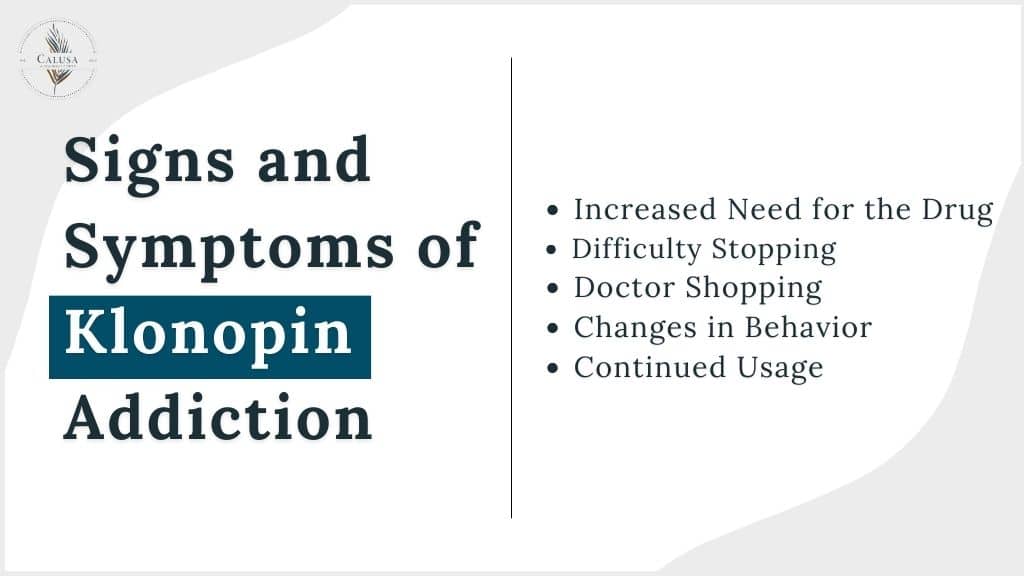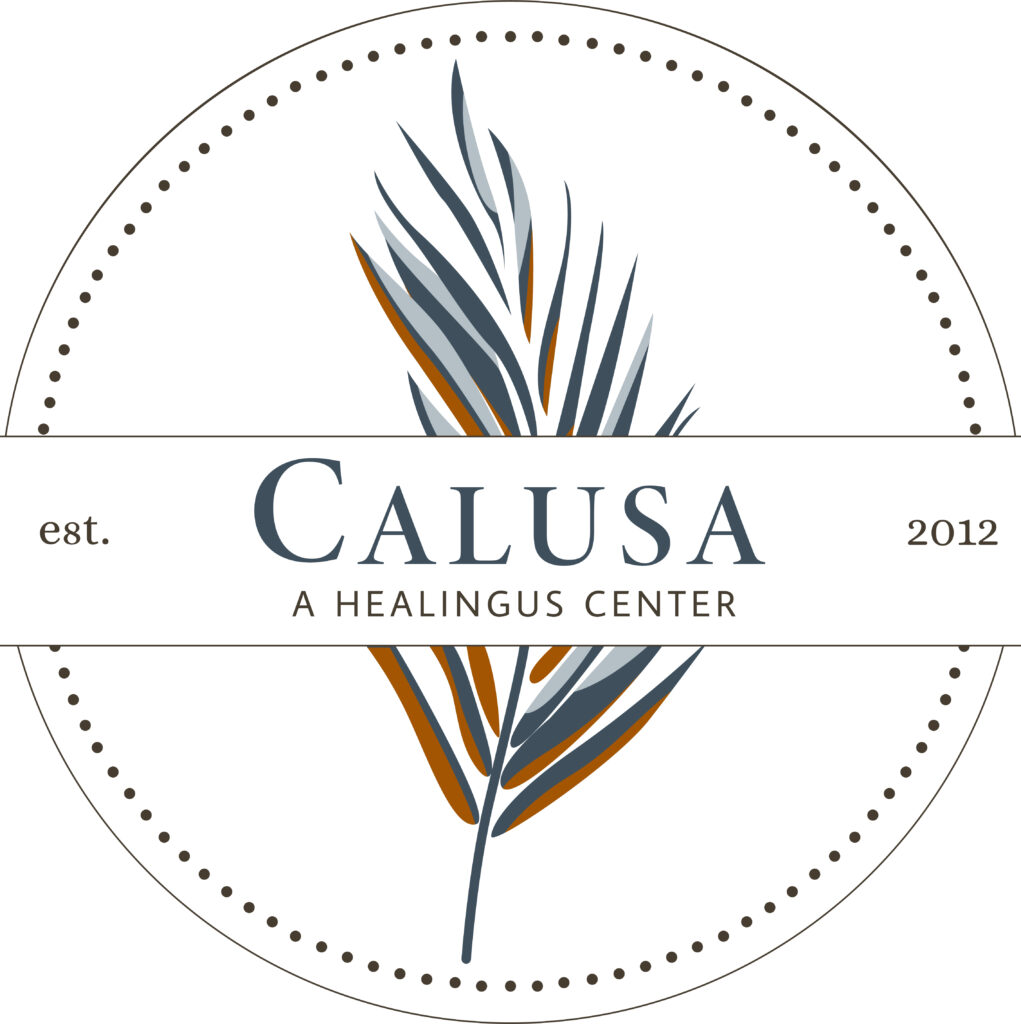Klonopin, the brand name for the medication clonazepam, is a widely prescribed drug used to treat anxiety disorders, panic attacks, and certain types of seizures. While effective for managing these conditions, a common question arises: is Klonopin addictive? Unfortunately, the response isn’t straightforwardly affirmative or negative.
Within the empire of medications, Klonopin is categorized as a benzodiazepine, part of the broader class of benzos. These drugs work by calming the central nervous system, producing a relaxing effect that helps alleviate anxiety and seizure activity. However, this calming effect also carries a risk of dependence and addiction, especially with long-term use.
Delving into the complexities of Klonopin usage, this article aims to shed light on the question: Is Klonopin addictive? By exploring the nuances surrounding the risks associated with this medication, we will gain a comprehensive understanding of its potential for addiction and the importance of informed decision-making in its use.
Factors Contributing to Klonopin Addiction
Understanding the complexities that is Klonopin addictive surrounding addiction requires an exploration of the various factors that contribute to its addictive potential. Klonopin’s pharmacological properties play a significant role, from the rapid onset of calming effects to the risk of dependence and withdrawal.
Additionally, individual susceptibility, co-occurring substance use, and improper prescribing practices further compound the risk of addiction associated with this medication. Several factors influence whether someone might develop an addiction to Klonopin:
-
Dosage and Duration:
The risk of addiction increases with higher doses and more extended treatment periods. Klonopin is typically intended for short-term use, ideally less than four weeks. Long-term use can lead to the brain adapting to the presence of the drug, making it difficult to function normally without it.
-
Underlying Conditions:
Individuals with a history of substance abuse or mental health conditions like depression are at a higher risk of developing Klonopin addiction.
-
Misuse and Abuse:
Taking Klonopin in ways not prescribed by a doctor, such as taking higher doses or crushing tablets to snort them, significantly increases the risk of addiction.
Signs and Symptoms of Klonopin Addiction

Acknowledging the signs and symptoms of Klonopin addiction is essential for early intervention and support. Is Klonopin addictive? Understanding the manifestations of addiction, such as increased tolerance, withdrawal symptoms, and compulsive drug-seeking behavior, empowers individuals and healthcare providers to address concerns effectively.
By being vigilant to these indicators, individuals can seek timely assistance and embark on the path to recovery. How can you tell if someone is struggling with Klonopin addiction? Here are some warning signs:
-
Increased Need for the Drug:
A person may require higher doses of Klonopin to achieve the same calming effect they once experienced with lower doses. This is due to a phenomenon called tolerance, a hallmark of addiction.
-
Difficulty Stopping:
When attempting to stop Klonopin use, withdrawal symptoms like anxiety, insomnia, tremors, and seizures may occur. These withdrawal symptoms can be severe and deter individuals from stopping the medication.
-
Doctor Shopping:
An addicted person might engage in doctor shopping, seeking prescriptions from multiple healthcare providers to maintain their Klonopin supply and avoid suspicion. This behavior not only perpetuates their dependence but also increases the risk of harmful drug interactions and exacerbates the challenges of managing their addiction.
-
Changes in Behavior:
Social isolation, neglecting responsibilities, and engaging in risky activities, such as stealing or illegal drug procurement, are common signs of Klonopin addiction. These behaviors often indicate the prioritization of obtaining and using the drug over important social connections, obligations, and personal safety, reflecting the profound impact of addiction on an individual’s life.
-
Continued Use Despite Negative Consequences:
Klonopin addiction can negatively impact work, relationships, and overall well-being. Yet, the addicted person may continue using despite these consequences.
Understanding the Risks of Klonopin Use
Understanding the potential risks associated with Klonopin use is essential despite its value in managing anxiety and seizures. Here’s a breakdown of some key points to consider regarding its use that is Klonopin addictive:
-
Dependence vs. Addiction:
Dependence refers to the physical need for a drug to function normally due to regular use. Stopping Klonopin abruptly after prolonged use can cause withdrawal symptoms. Addiction, however, goes beyond dependence and involves compulsive drug-seeking behavior despite adverse consequences.
-
Addiction Potential:
Klonopin is considered to have a high potential for addiction, especially compared to other benzodiazepines. Its rapid onset of action and long half-life (the time it takes for the body to eliminate half the drug) contribute to this risk.
-
Co-Occurring Disorders:
The misuse of Klonopin commonly accompanies other substance abuse or mental health challenges, highlighting the significance of tackling these root problems to ensure successful therapeutic outcomes.
Taking Klonopin Safely
If you’ve been prescribed Klonopin, it’s crucial to prioritize safe and responsible use to minimize the risk of addiction. To find out the query “Is Klonopin addictive?”, here are some recommendations to help you use the medication appropriately and steer clear of potential pitfalls linked to its addictive properties.
-
Follow Your Doctor’s Instructions:
Follow your prescription precisely, adhering to the recommended dosage and frequency when taking Klonopin. This disciplined approach reduces the likelihood of developing tolerance or dependence on the medication.
-
Communicate Openly:
Openly communicate any apprehensions you may harbor regarding Klonopin with your physician, encompassing fears of addiction or dependency. Such discussions facilitate informed decision-making and enable healthcare providers to tailor treatment plans prioritizing efficacy and safety.
-
Don’t Take More Than Prescribed:
Consult your doctor before making any adjustments to your Klonopin dosage or frequency, as they can provide guidance tailored to your individual needs and ensure safe medication management. Altering your dosage without medical supervision can heighten the risk of adverse effects, including dependency and addiction.
-
Be Cautious About Combining Medications:
Inform your doctor about all medications and supplements you’re taking, as Klonopin can interact with other substances, including alcohol, potentially leading to adverse effects or complications. This proactive approach helps mitigate the risk of harmful drug interactions and ensures the safe and effective use of Klonopin in your treatment regimen.
-
Develop Coping Mechanisms:
In addition to medication, exploring coping mechanisms for anxiety, such as relaxation techniques or therapy, can complement your treatment plan and enhance overall well-being. Incorporating these strategies into your daily routine empowers you to manage stressors effectively and reduce reliance on medication alone for anxiety management.
Seeking Help for Klonopin Addiction
Klonopin, a medication used for anxiety and seizures, can be a lifesaver. But the question “Is Klonopin addictive” is a valid concern. Yes, Klonopin can be addictive, especially with long-term use. Signs of addiction include needing higher doses, difficulty stopping, or neglecting responsibilities to get the drug.
If you suspect you or someone you know is struggling with Klonopin addiction, it’s essential to seek professional help. Retreat from Klonopin can be harmful, and a medically supervised detox program is typically suggested. Addiction treatment programs offer various therapeutic approaches to manage the addiction and address underlying issues contributing to the misuse.
FAQ
Is Klonopin a risk of dependency?
Klonopin can lead to physical dependence, characterized by the emergence of discomforting physical symptoms upon abrupt cessation or reduction of the medication, particularly with prolonged use ranging from several days to several weeks.
Can you stay on Klonopin for life?
Long-term use of Klonopin is typically discouraged due to its potential for habituation, as the body may develop a tolerance to the medication over time. As duration increases, patients are prone to developing a tolerance to Klonopin, which can diminish its effectiveness.
How often is it safe to take Klonopin?
For individuals with panic disorder, a common dosage of Klonopin is 0.5 mg twice daily. Yet, in certain instances, a maximum daily dose of 4 mg (2 mg taken twice daily) may be necessary for effective treatment, representing the highest recommended dosage for panic disorder management with Klonopin.
Who should avoid Klonopin?
People who have lung, liver, or kidney issues, experience spinal or cerebellar ataxia characterized by shakiness, unsteadiness, or slurred speech, have a history of alcohol or substance abuse, or have recently undergone a loss, experienced bereavement, depression, or suicidal thoughts, should avoid Klonopin and consult a healthcare provider.
Conclusion
Klonopin offers a valuable solution for managing anxiety and seizures. However, is Klonopin addictive? The answer is complex. While not everyone who takes Klonopin will develop an addiction, the risk is significant, especially with long-term use or misuse. Understanding the factors that contribute to addiction and the potential consequences is crucial for safe and responsible use.
It’s essential to maintain open communication with your physician if you have concerns about Klonopin addiction. They can help you develop a treatment plan that minimizes risks and maximizes the benefits of this medication. Recognize that help is unrestricted for those toiling with Klonopin addiction. Don’t hesitate to seek professional support to regain control of your well-being.
If you think you or someone you know may be struggling with Klonopin addiction, reach out to us by calling us at 899-939-6262 or by visiting us at https://calusarecovery.com/ to seek a healthcare professional or a qualified addiction treatment today.
















